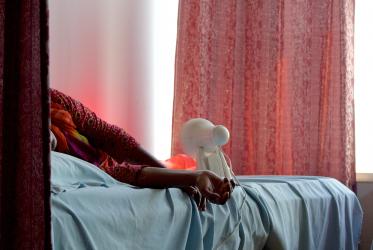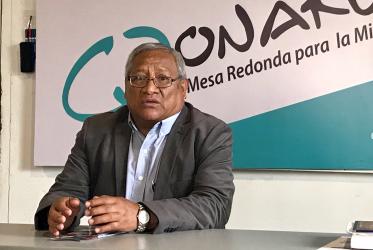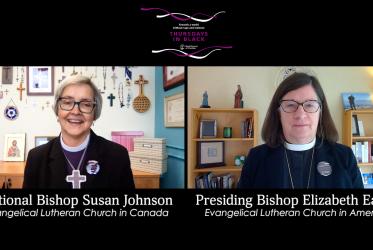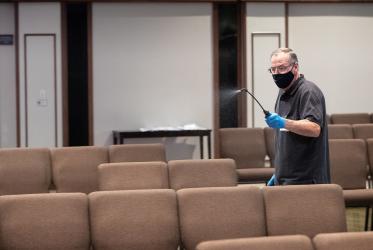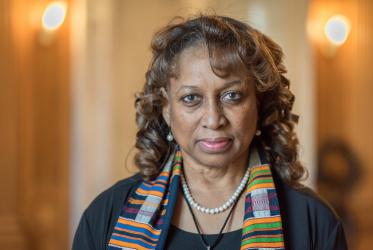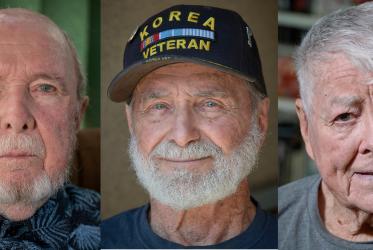Displaying 101 - 120 of 376
WCC podcast deals with death and dying
15 December 2020
COVID-19 in conflict zones: “a crisis within another crisis”
27 November 2020
Brazilian churches call for transformative racial justice
23 November 2020
WCC expresses solidarity with Peruvian people amid political crisis
20 November 2020
Bible study addresses church identity in pandemic
17 September 2020
New student body at Bossey Ecumenical Institute “a source of joy”
14 September 2020
Churches invited to “Ring the Bells for John Lewis”
29 July 2020

